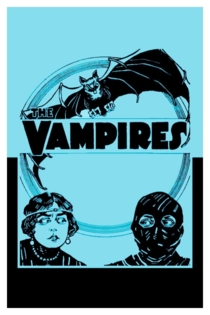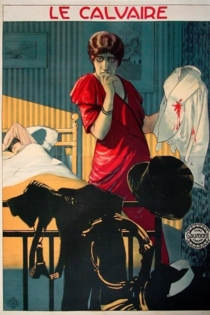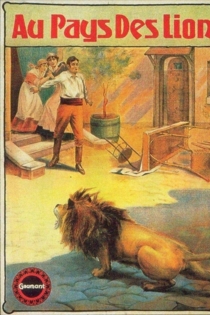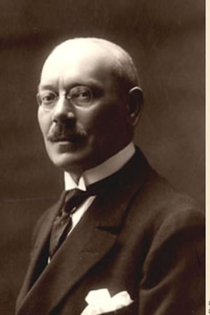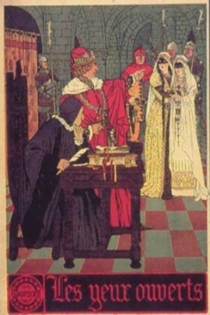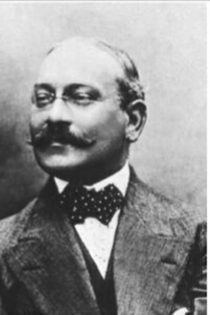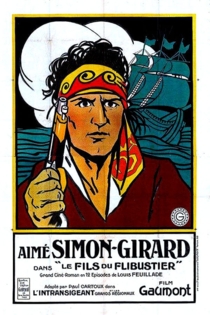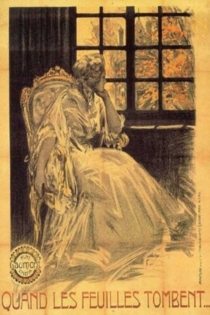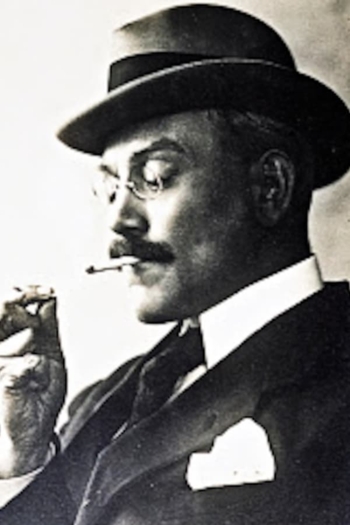
Louis Feuillade
1873 - 1925Séraphin ou les jambes nues
Louis Feuillade
Georges Biscot, Édouard Mathé
Following a series of unfortunate accidents, the eminently respectable Séraphin, the meticulous and correct manager in an insurance company, finds himself trouserless in the middle of the street.
Séraphin ou les jambes nues
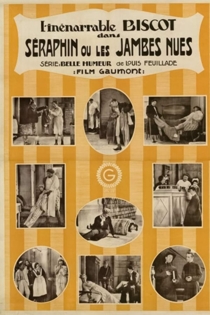
Les millions de la bonne
Louis Feuillade
Paul Manson, Madeleine Guitty
Phémie comes to work as a maid in the Chaloupié household. An article and a photograph in the newspaper convince the Chaloupiés that their new servant is in fact none other than Miss Arabella Machefeller, the daughter of the celebrated American millionaire, looking for some worthy people with whom to share her fortune.
Les millions de la bonne

L'hôtel de la gare
Louis Feuillade
Marcel Lévesque, Suzanne Le Bret
In order to take part in a "tournoi des dames", Narcisse Leblond persuades his wife that he is going to look after his sick godmother at Beaucaire. Naturally, the godmother in question arrives at the house a few minutes after his departure...
L'hôtel de la gare

Barrabas
Louis Feuillade
Fernand Herrmann, Édouard Mathé
Rudolph Strelitz, known as 'Barrabas', is the leader of a brutal underground gang causing chaos and destruction in the lives of civilized people. A lawyer, Claude Varèse, is strongly determined to bring Strelitz to justice for the purpose of revenge, after his father was unjustly guillotined for the murder of Laure d'Hérigny, the mistress of an American millionaire. Later, the sister of Claude Varèse, Françoise, is kidnapped by Dr Lucius, one of the henchmen of Barrabas. Serialised over 12 chapters.
Barrabas
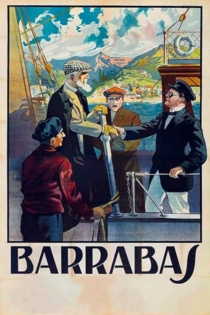
Les Vampires
Louis Feuillade
Musidora, Édouard Mathé
Paris is prey to an invisible terror against which the police can do nothing: a sinister organization that sows chaos and death. The intrepid journalist Philippe Guérande and his partner embark on a long crusade to put an end to the crimes of the Great Vampire and Irma Vep, his dangerous accomplice. (A ten episode movie serial.)
The Vampires or, The Arch Criminals of Paris
